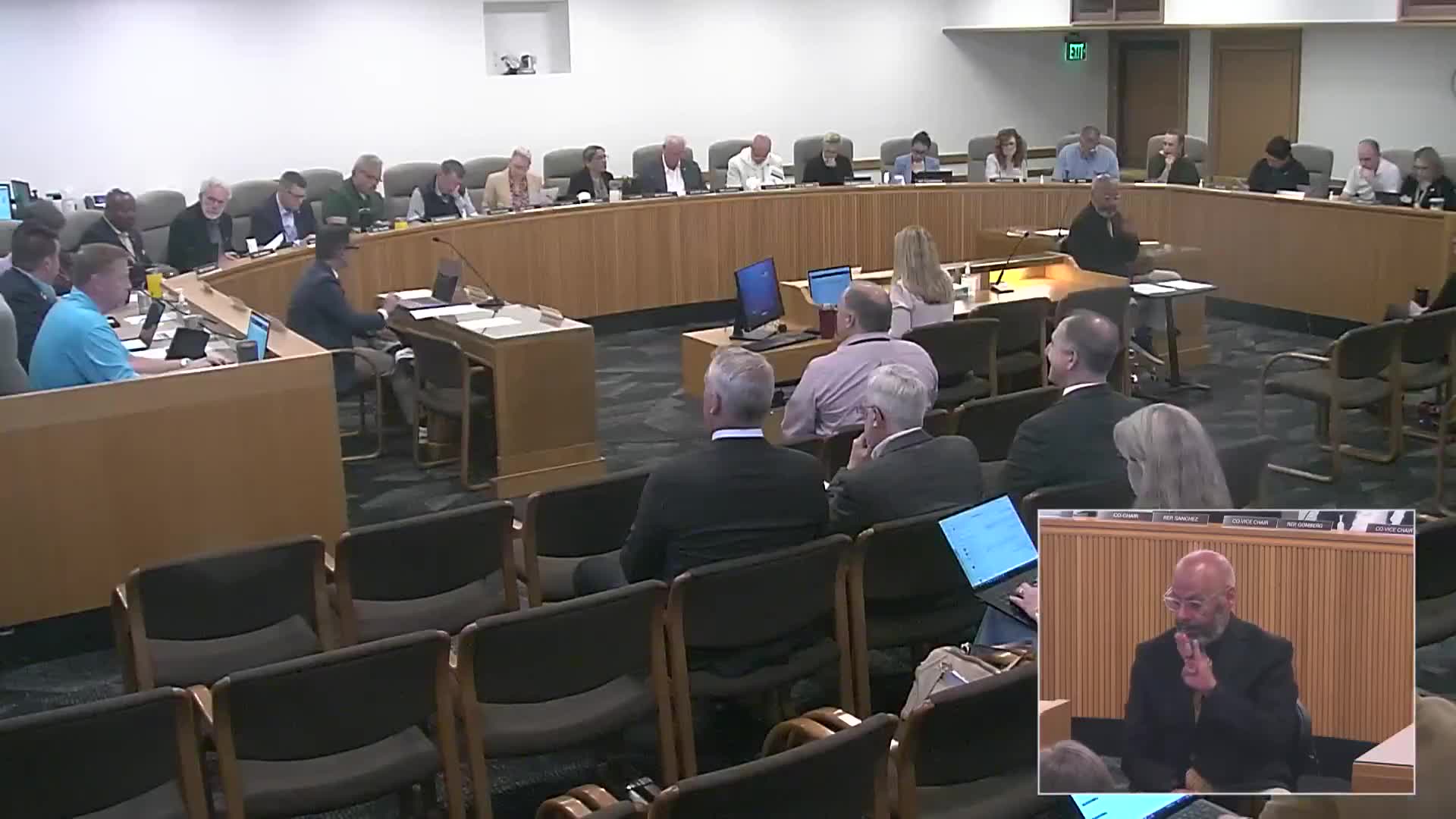Article not found
This article is no longer available. But don't worry—we've gathered other articles that discuss the same topic.
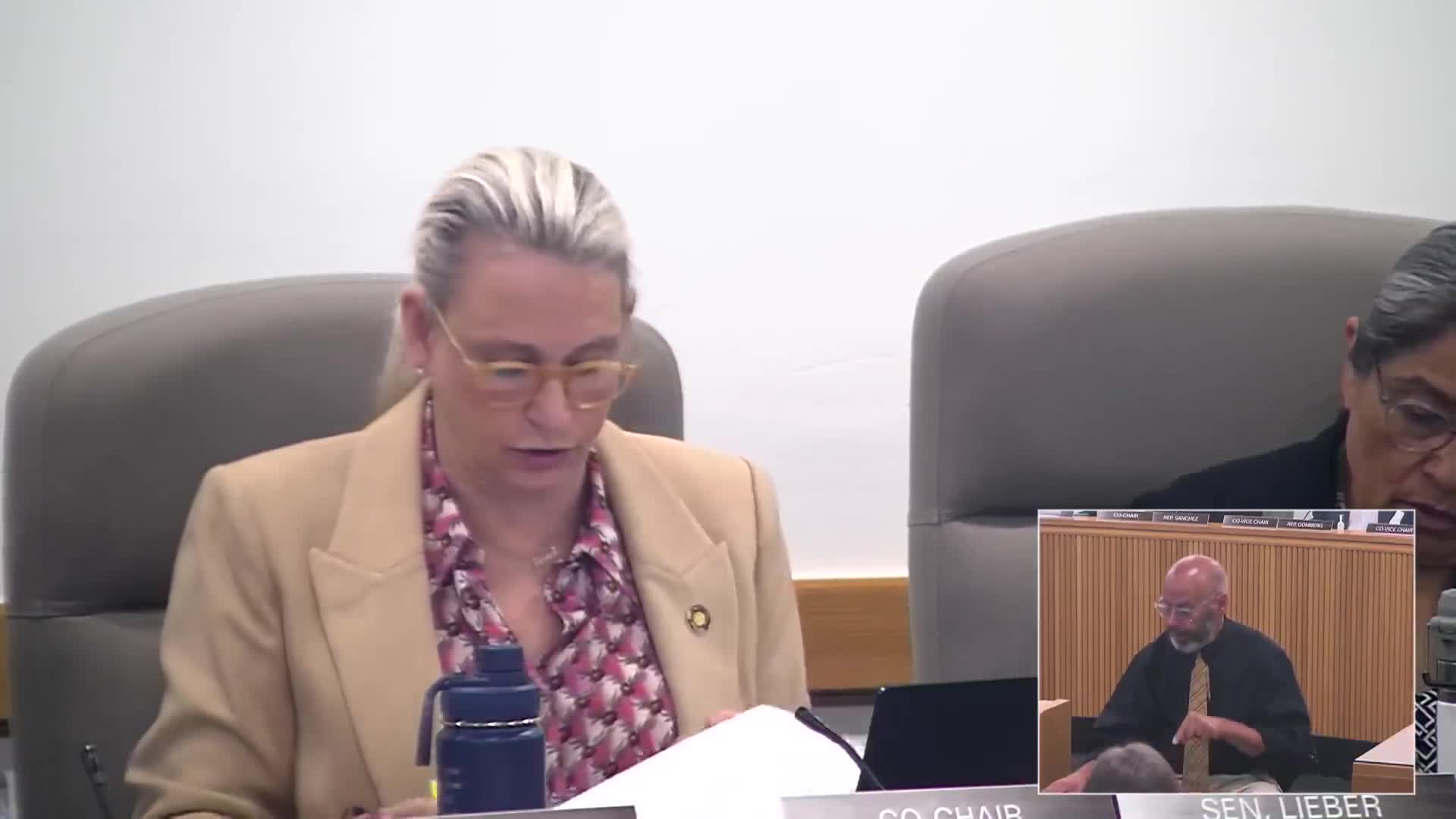
Natural Resources panel advances agriculture budget and fee changes as eastern Oregon drought concerns surface
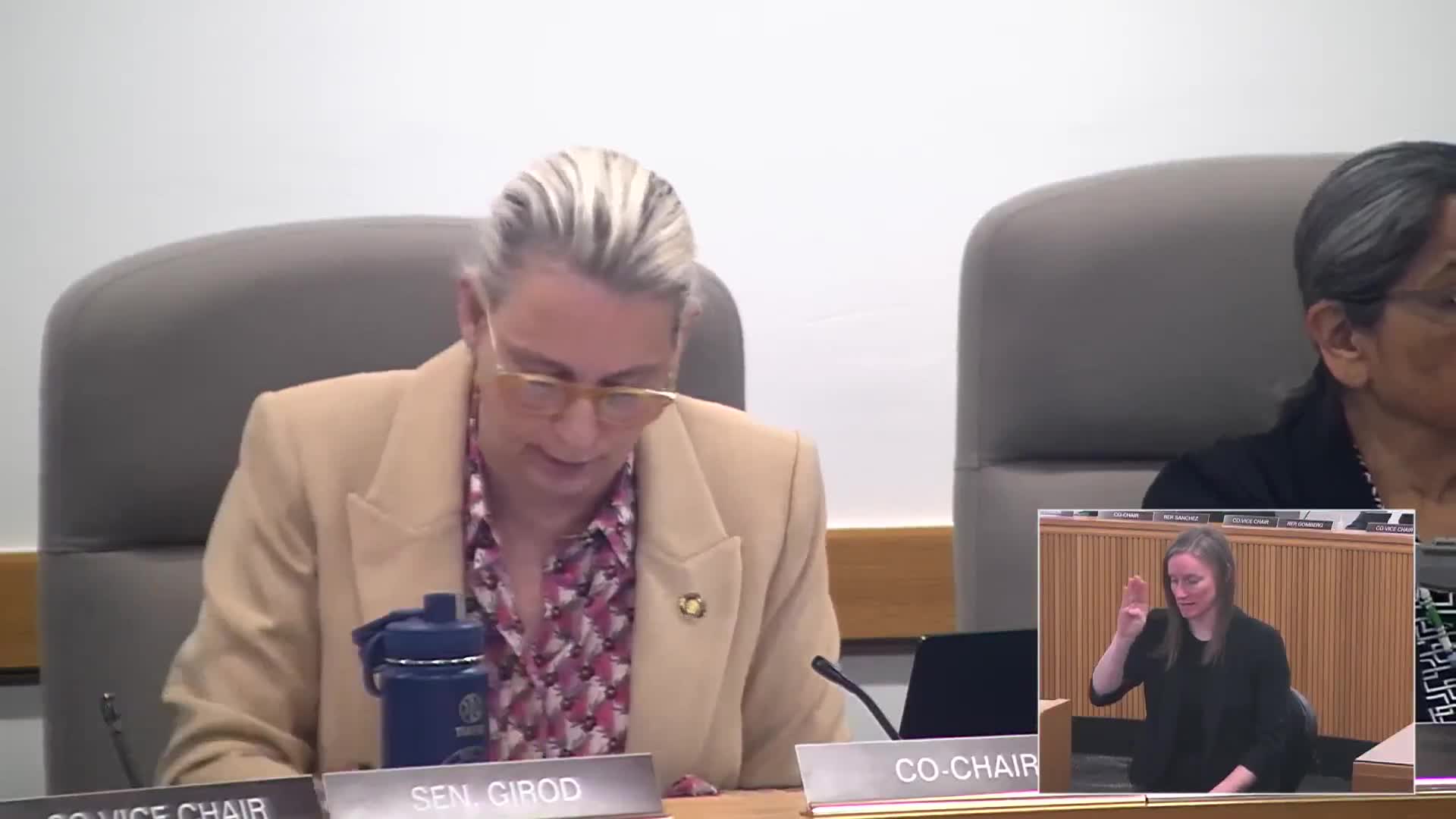
Committee approves psychology board fee-recovery measure despite objections over contested-case costs

Legislators back Oregon Military Department budget and highlight Youth Challenge program
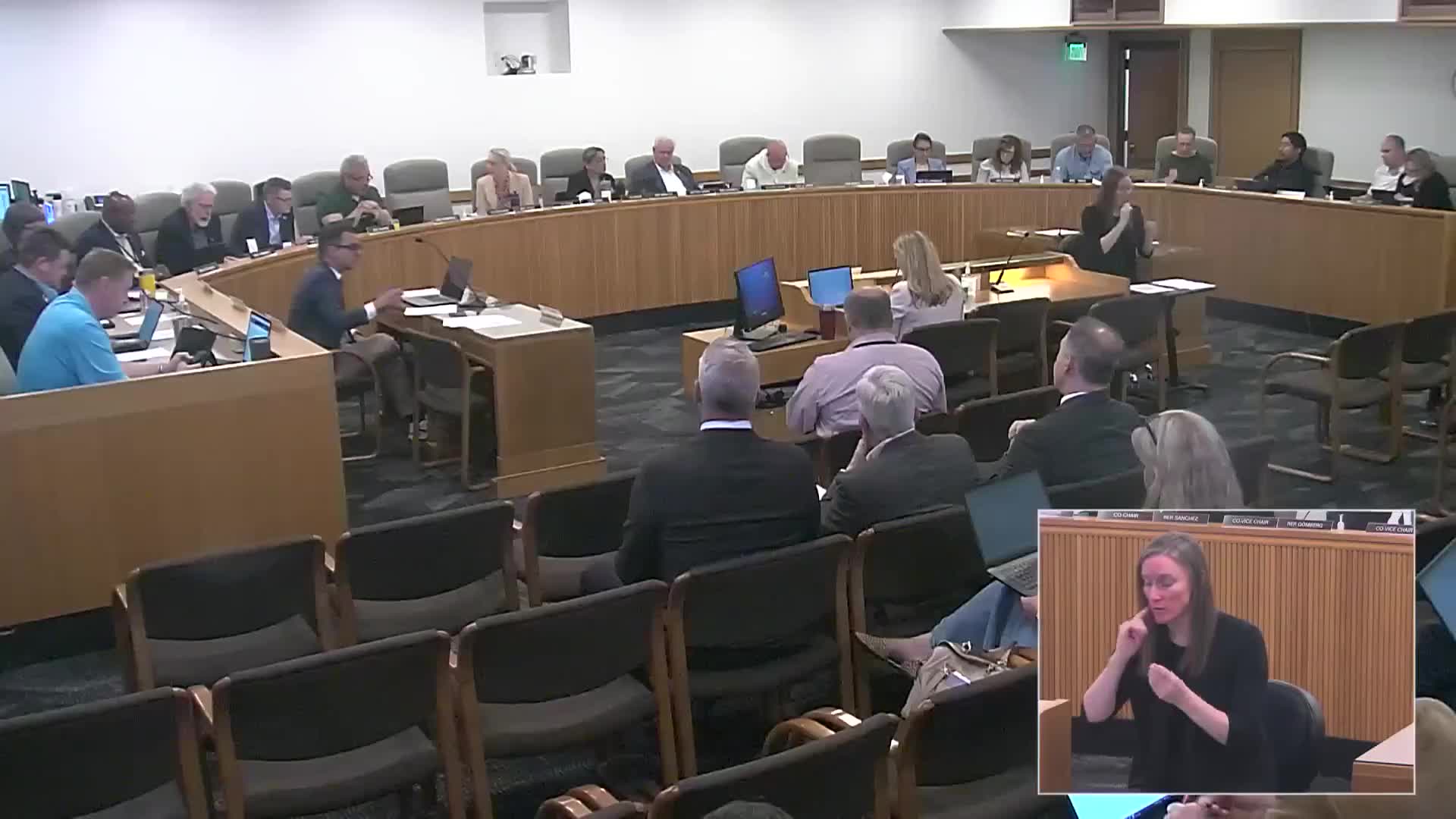
Legislators approve DEQ budget increase amid criticism over permit timeliness
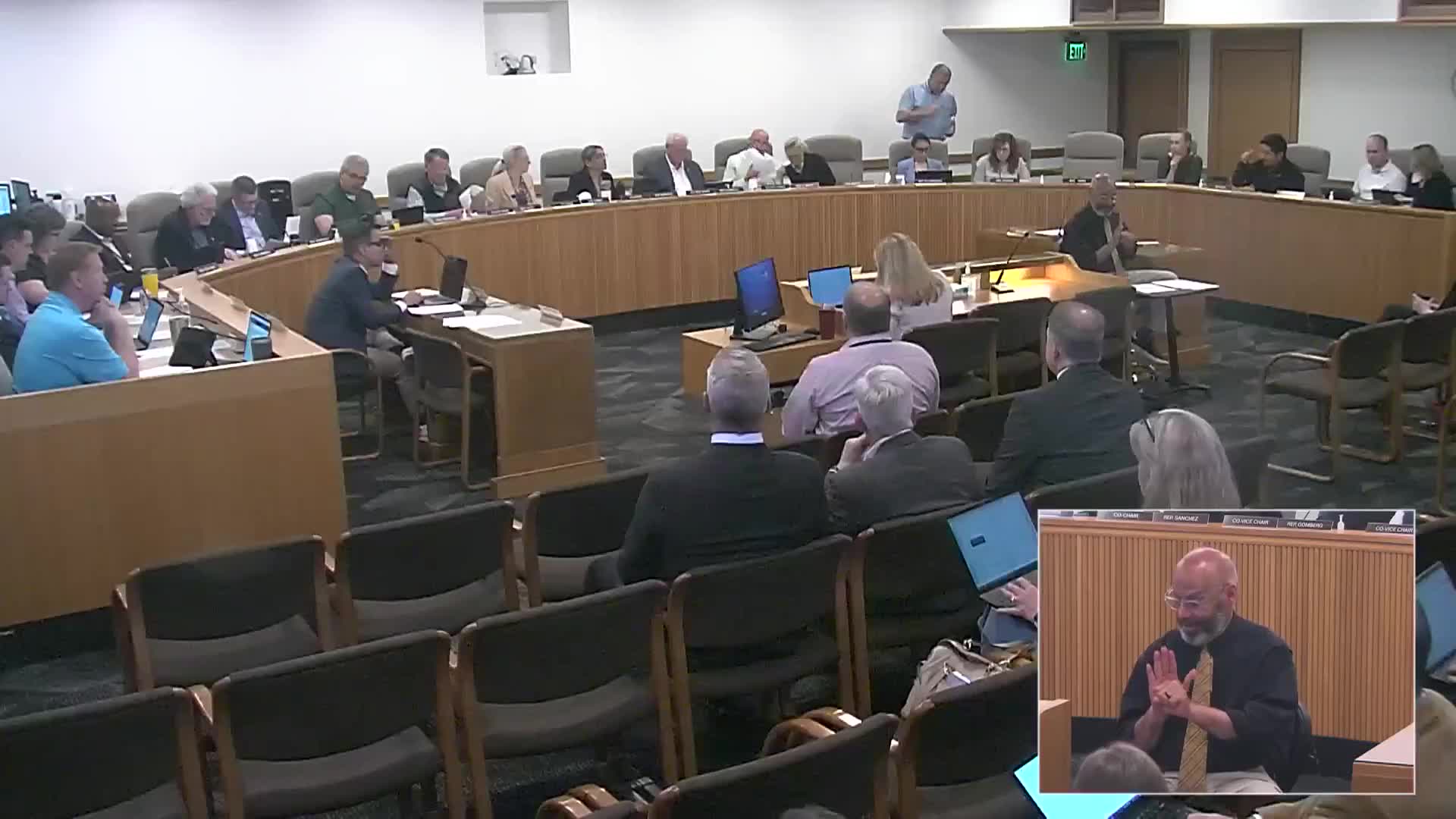
Lawmakers advance record state school fund increase and debate new accountability framework
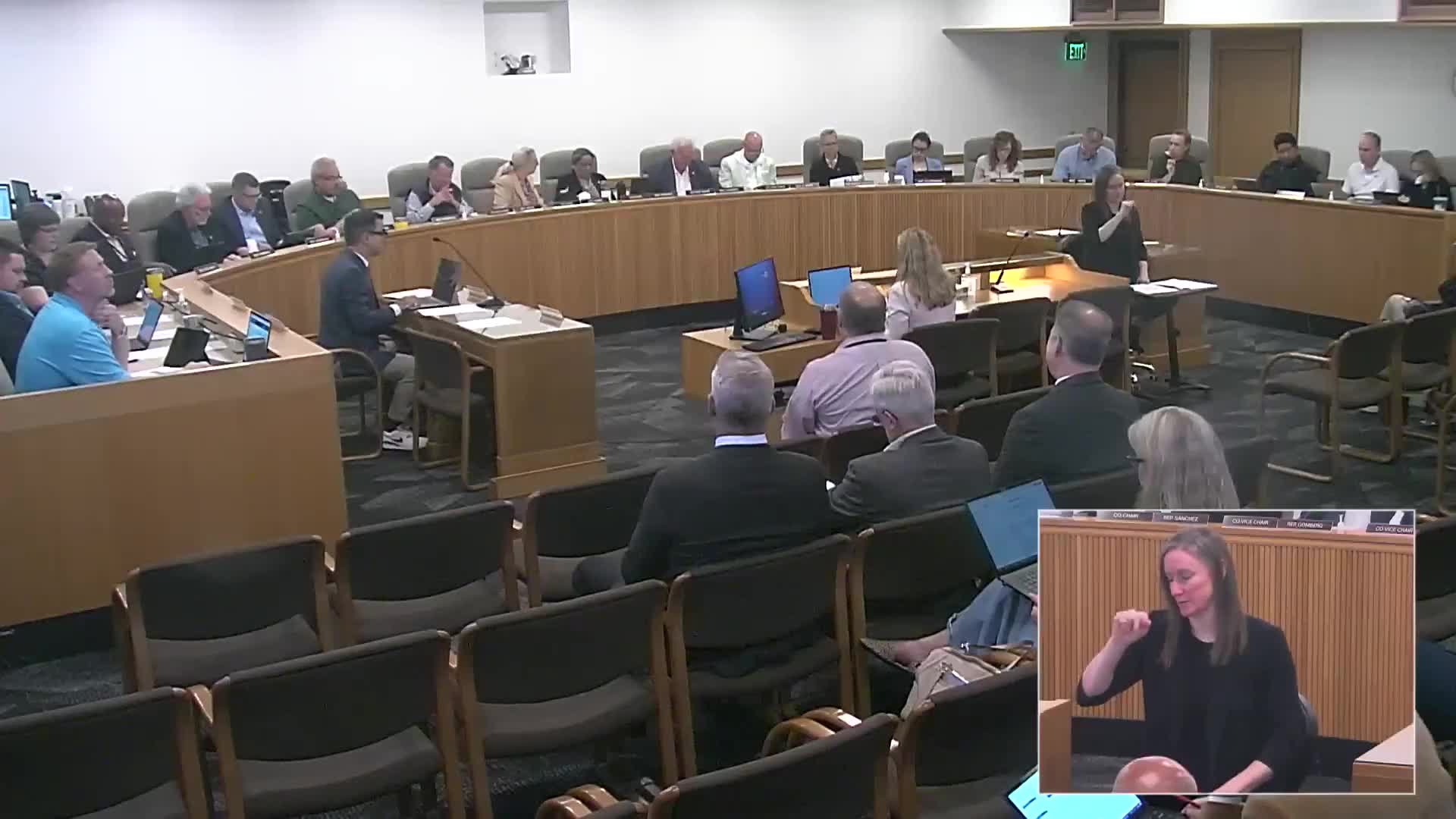
Ways and Means advances Public Utility Commission budget as members warn rate increases may hit households
